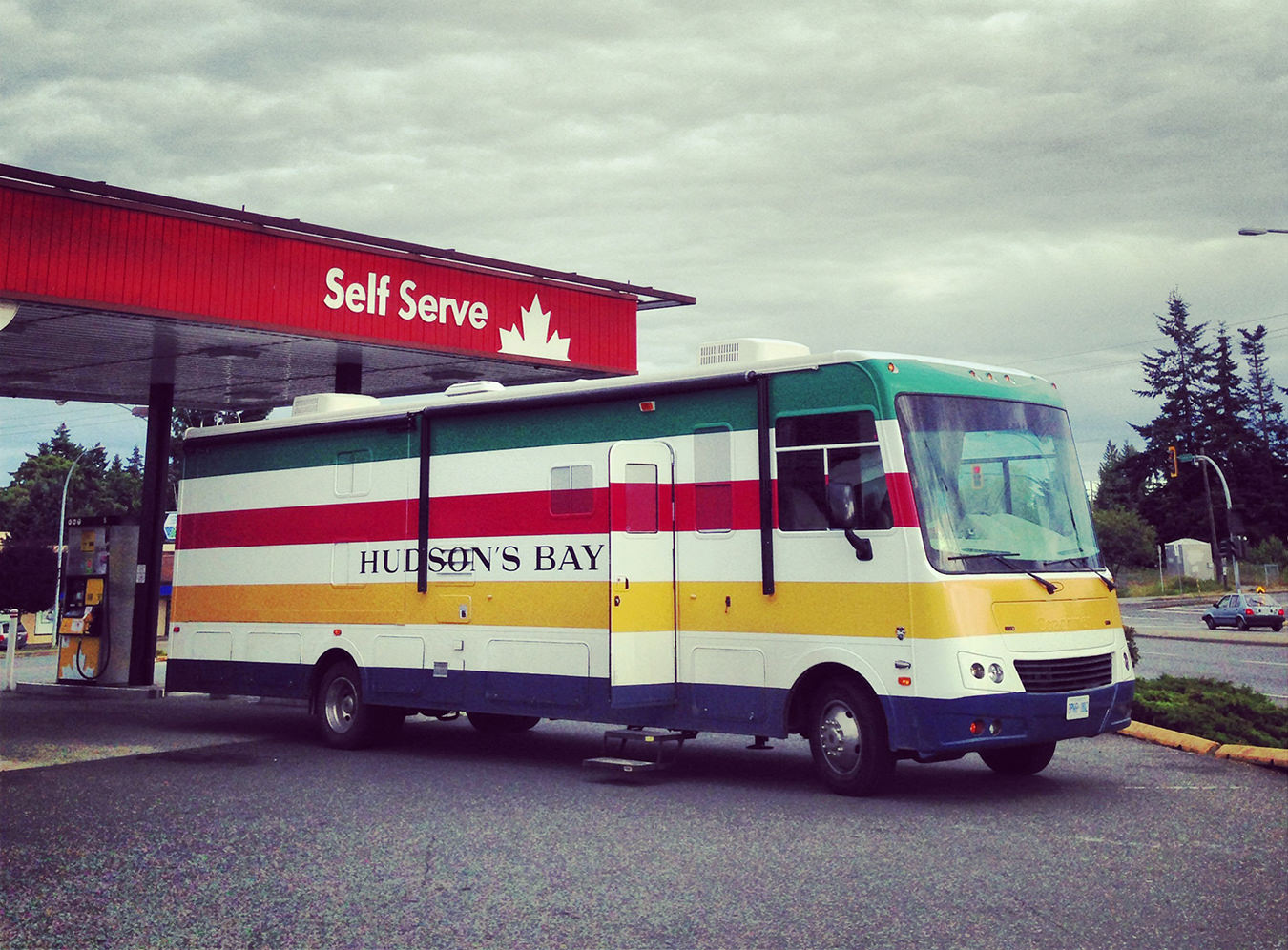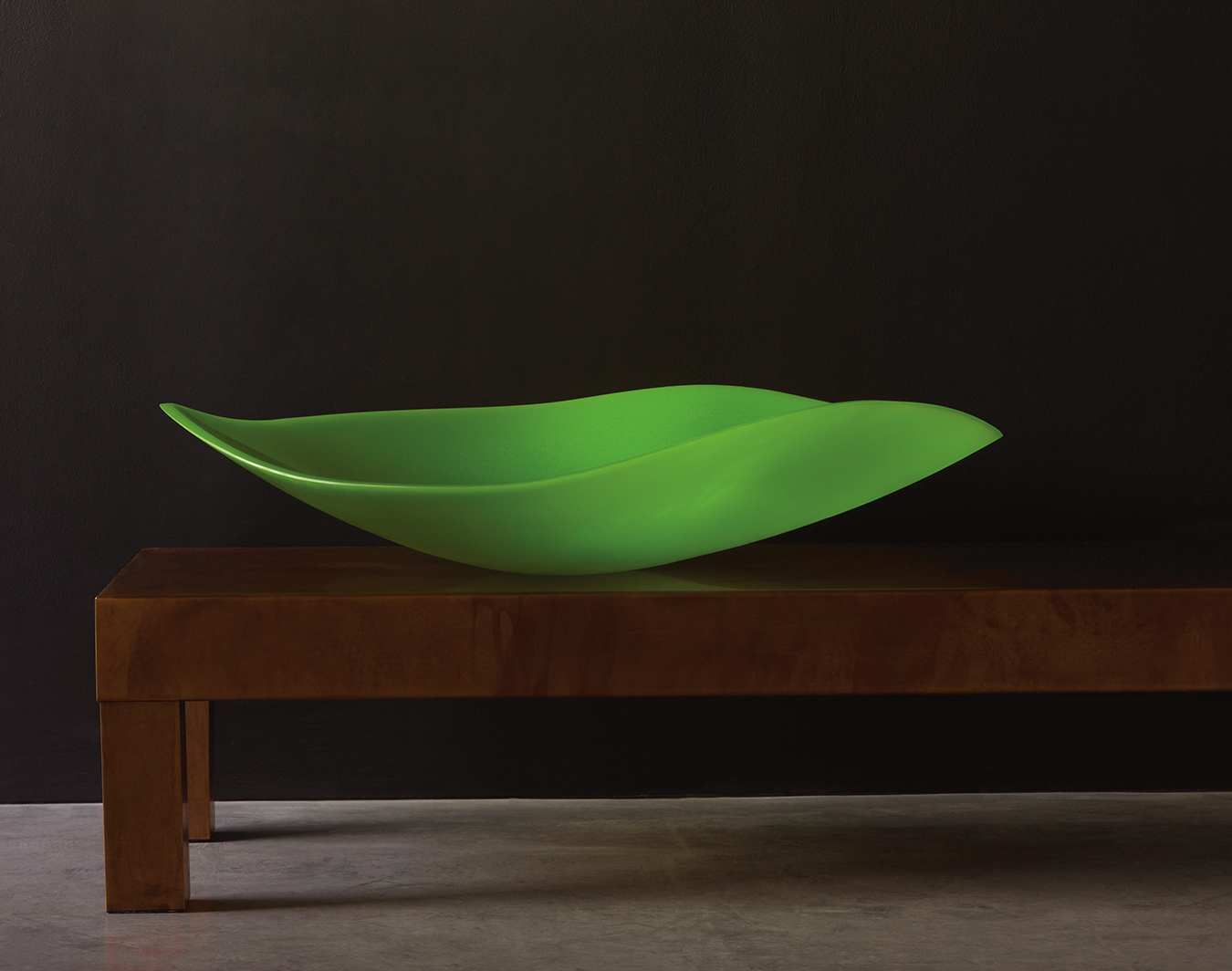Lock & Mortice: Canadian Craft in Every Grain
Touch wood.
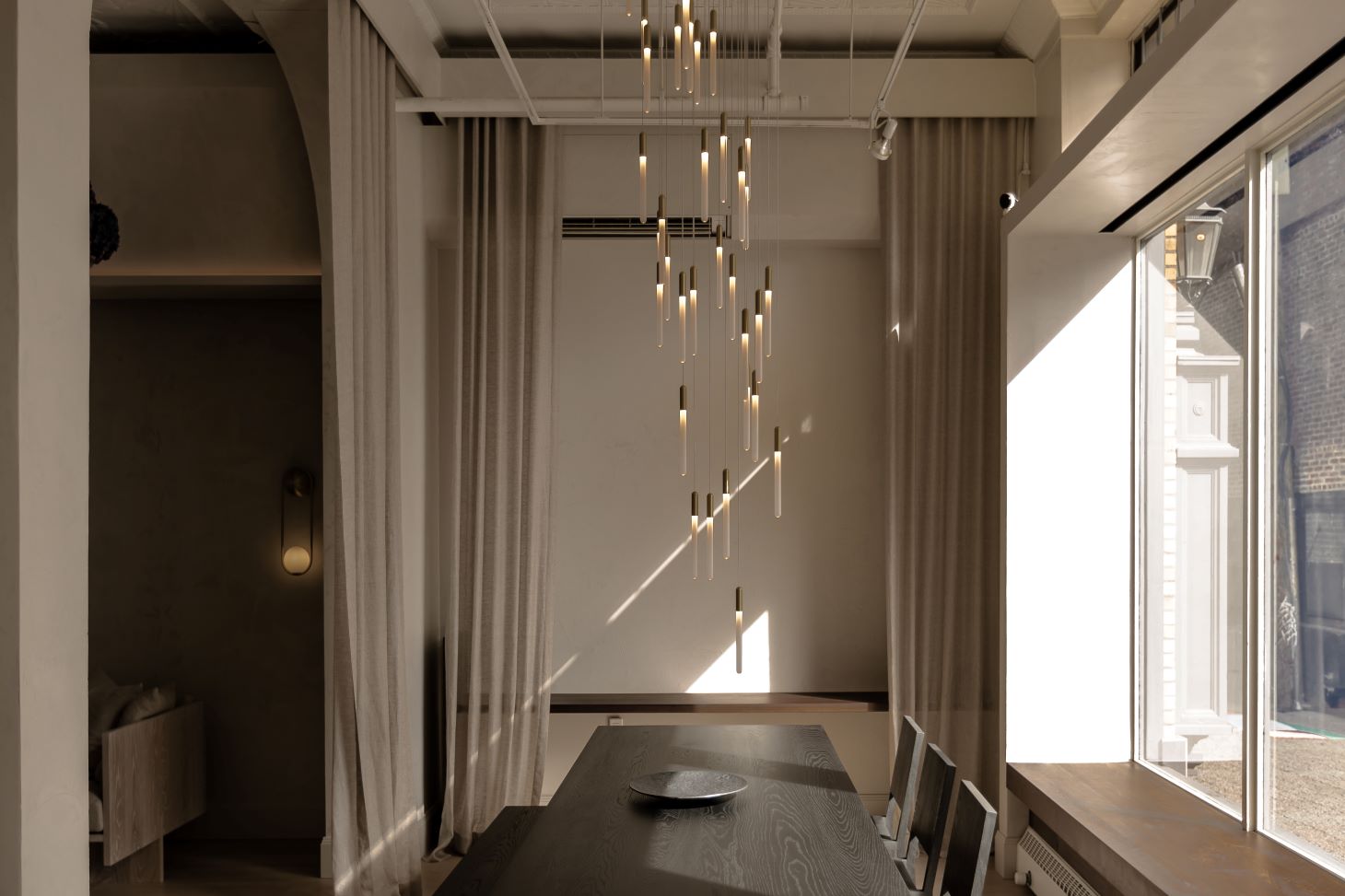
“Furniture carries much more meaning when you’re familiar with where it’s made and who made it,” says Josiah Peters, co-founder of Vancouver design brand Lock & Mortice. “Unfortunately, the offshoring of manufacturing en masse has created an almost insurmountable obstacle to economic feasibility. The consumer has become accustomed to a price point that is incongruent with what it costs to produce things locally.” He and his partners—Rachel Peters and Ryan Tam—have endeavoured to remedy this predicament.
Their proposition: crafting heirloom pieces with locally sourced wood using both age-old and technologically advanced processes. Inherent performance and honest assembly supersede the fleetingness of decorative fads. And yet, certain distilled stylistic references can come through as added value.
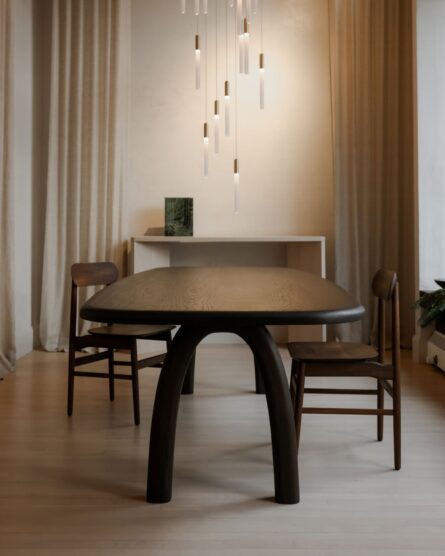
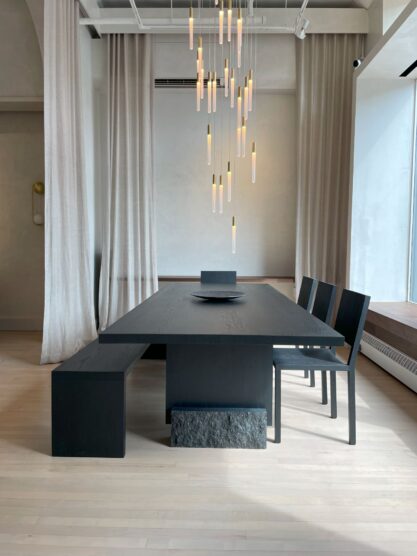
“What makes us unique and viable is that our product doesn’t look or feel cookie cutter, as some efficiency-driven design can,” Peters says. “Rather, the systems we develop allow us even more freedom to be creative and agile as a business and still have utmost confidence in the underlying performance and value of the product.”
He doesn’t deny that Lock & Mortice is still a luxury brand when it comes to price point, but it tries to infuse value into each piece with the goal of improving accessibility. The recently released Morris Table features a clean pedestal base and unique joint system that eliminates the need for a subframe or superfluous hardware, allowing for comfortable seating on all sides. The Deka Console balances clean functionality with a nod to brutalist architecture.
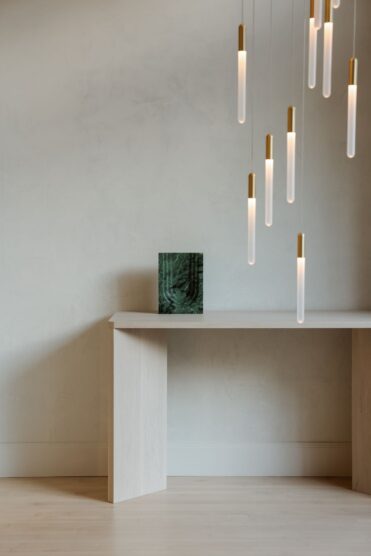
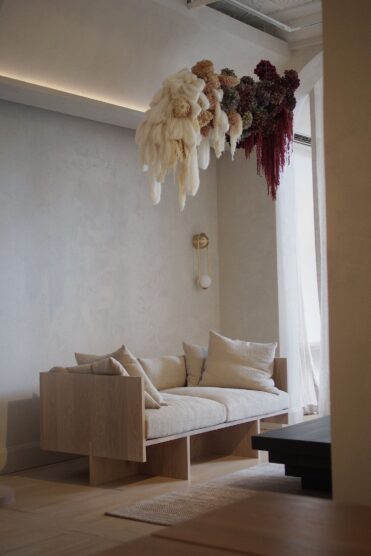
“The beauty of the materials we work in is that no two parts are ever the same,” Peters explains. “Throughout the entire process, human input is absolutely essential as components fit together differently depending on density and moisture content.” While hand chisels, planes, and saws remain vital tools, so do computer-based modelling programs and CNC-routers.
“The integration of technology allows us to go from design idea to physical product exponentially faster and with highly predictable quality and functionality results,” he concludes. “It also allows us the flexibility of customizing products in real time. It’s a marriage of tradition and technological innovation both providing value and benefiting the end result in different ways.”



